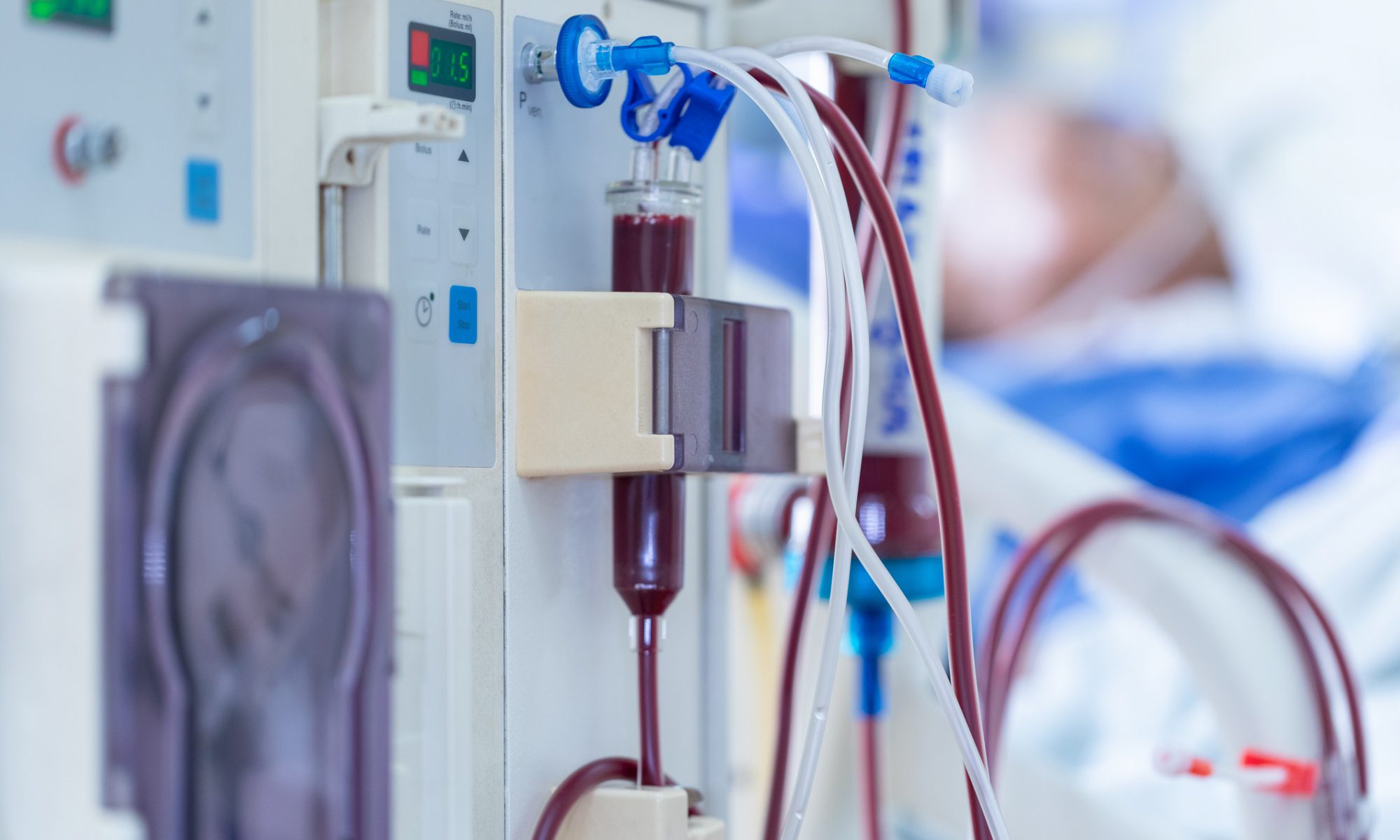ST. LOUIS, MO (11/18/2022) — With a new grant that brings together engineering expertise from Missouri S&T and medical expertise from Saint Louis University’s School of Medicine, researchers are investigating how artificial intelligence (AI) can support matchmaking between donated kidneys and transplant centers to help more patients in need.
Thanks to a $1.8 million grant from the National Science Foundation (NSF) to lead site Missouri S&T, experts in AI and organ transplantation will work to ensure that more kidneys are able to be used by patients who urgently need them. Read more from Saint Louis University.









